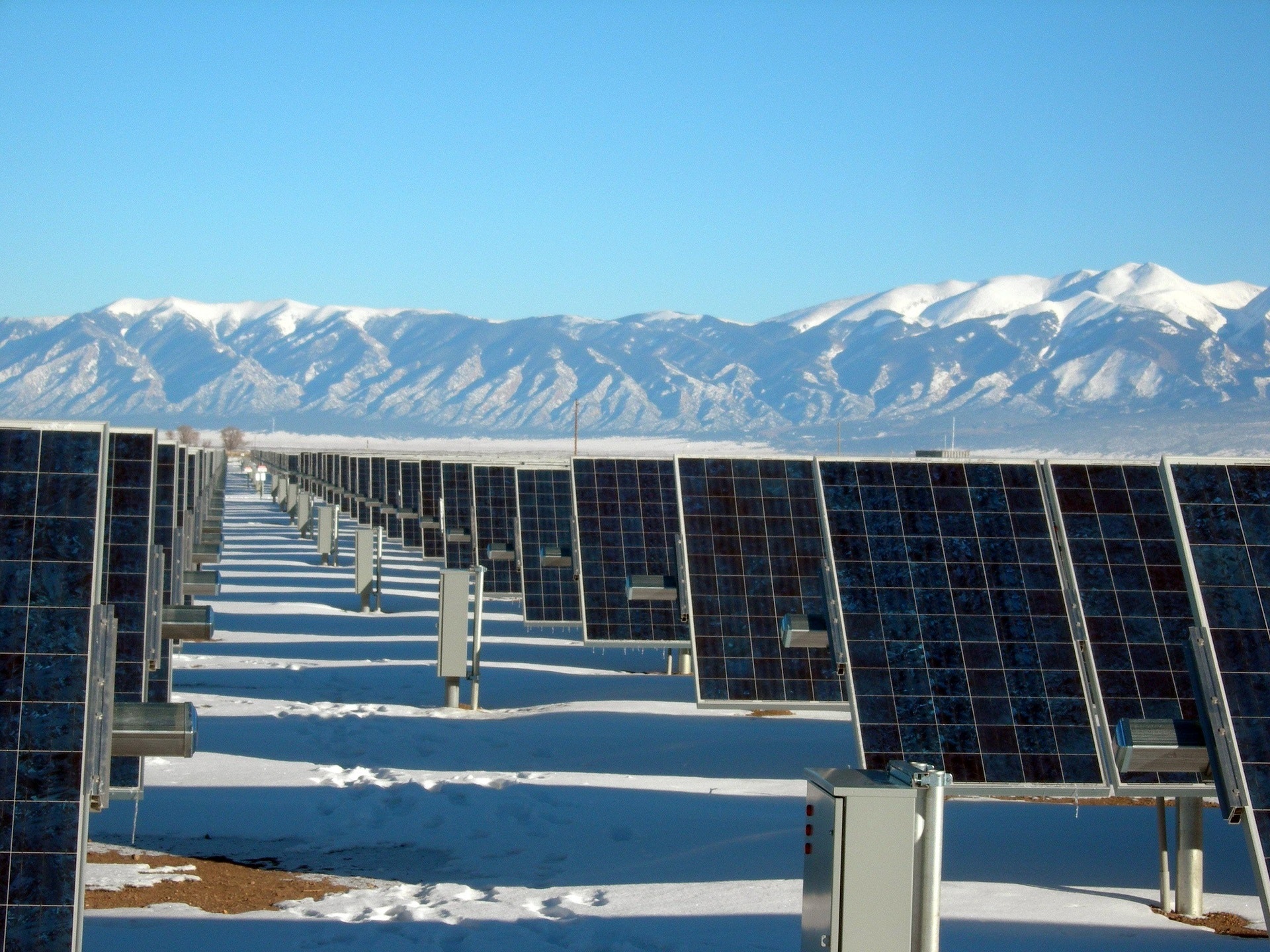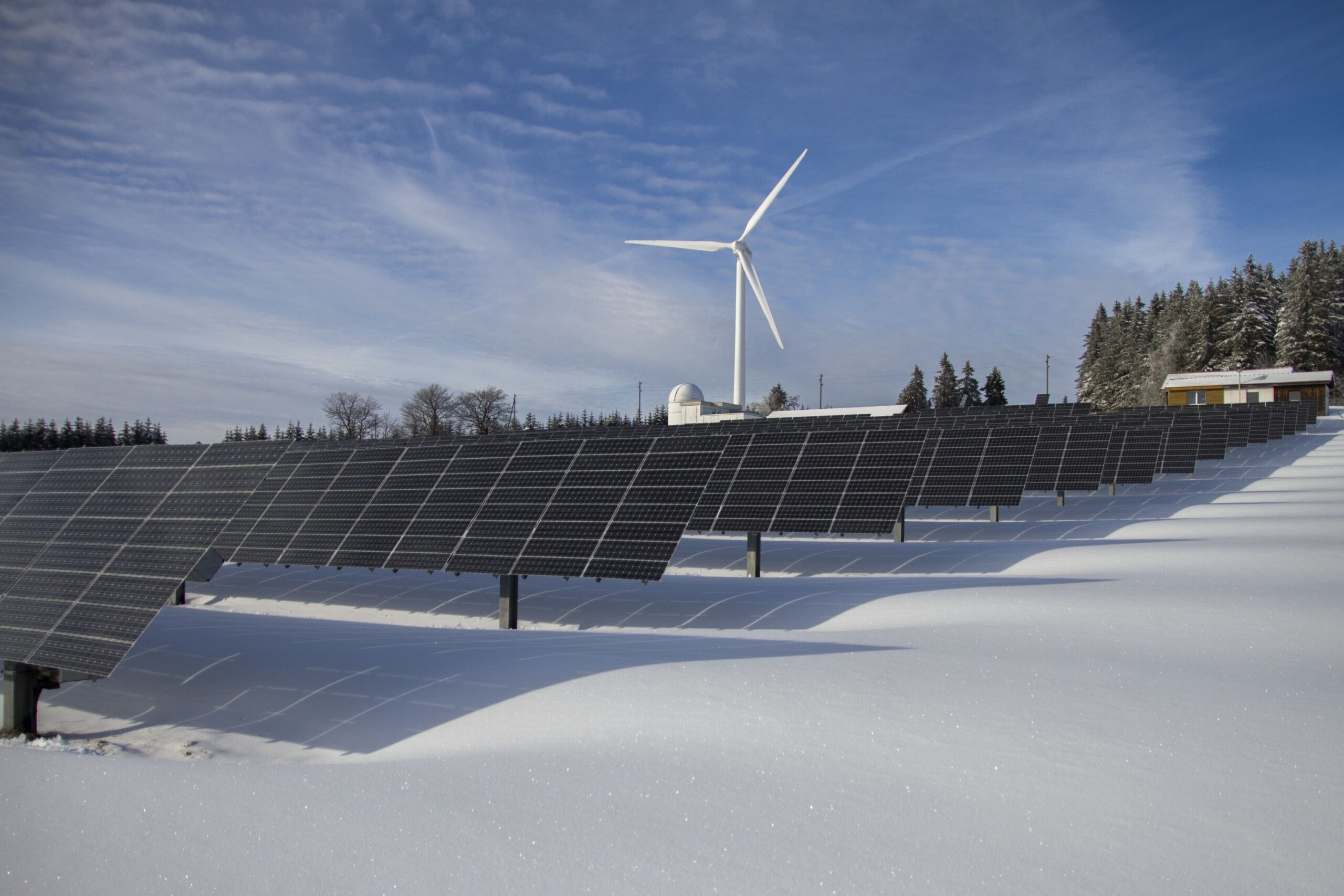
It's a common query we often hear: Do solar panels really work during those chilly UK winters? Solar panel installations can be quite an investment, so it's only natural to wonder if they're worth it, particularly when we're faced with those few months of the year when daylight hours seem to disappear.
In this article, we're here to shed some light on all your questions about how solar panels fare during a British winter. We'll delve into their performance, the effects of those shorter winter days, and offer some tips on how to make the most of your solar panel investment during the colder season.
Are you ready to make the leap into solar energy? Simply complete our brief form with your details, and we'll connect you with experienced solar panel installers. They'll promptly provide you with free quotes tailored to your needs. It's your first step toward a brighter, more sustainable future.
Get Free Solar Panels Quotes
Compare the price now by filling in this form - It takes less than 60 seconds

What’s on this page?
Do solar panels remain effective during the winter season?
Indeed, solar panels do continue to function during the winter months. They are designed to generate electricity even in various weather conditions.
Colder temperatures typically do not have a significant impact on solar panel performance, unless we encounter extreme cold below -40°C. Solar panels rely on sunlight to produce energy, and while the UK experiences shorter days in winter, there is still sunlight available, although it might be at lower levels compared to the summer.
One reason for reduced electricity generation in the winter is the shorter duration of daylight. Additionally, the winter months tend to bring more overcast and cloudy days, which can further diminish the output of solar panels. While solar panels can capture sunlight even on overcast days, on partially cloudy days, they generally produce about 80% of their maximum output, as reported by the Environmental and Energy Study Institute.
It's important to consider these factors when making the decision to install solar panels, particularly if your energy demand increases in the winter, especially if you rely on electric heating systems, such as heat pumps. Darker days mean longer usage of lighting and heating systems.
However, there are some advantages to having solar panels in the winter. In the summer, extreme heat can lead to reduced solar panel efficiency, especially when temperatures surpass 25°C. In contrast, the winter temperatures in the UK usually range between 2°C and 7°C, which is more favorable for solar panel performance.
Does solar panel efficiency take a hit during Winter?
Winter brings shorter days, a lower sun angle, and cloudier skies, all factors that put a damper on solar panel performance. With less sunlight to work with, the panels can't churn out as much electricity as they can on those gloriously sunny days.
For a practical illustration, consider a standard 3.5-kilowatt (kW) solar panel system. In the summer, it's in its prime, producing around 362 kilowatt hours (kWh) of electricity each month. Winter, on the other hand, sees a notable drop, down to roughly 52 kWh.
Get Free Solar Panel Quotes
Compare the price now by filling in this form - It takes less than 60 seconds
When is the ideal time for solar panels to shine?
When considering the best time of year for solar panels in the UK, it's clear that the prime window falls between May and July. These months boast the longest daylight hours, with days typically stretching to 15-16 hours.
What makes this season even more appealing is the diminished rainfall and fewer cloudy days, which translate to increased direct sunlight for the panels. For instance, May sees an average of 11 rainy days, whereas November counts 16.
Conversely, the least favorable time for solar panels in the UK falls between November and January. During this period, daylight hours dwindle to about 8, and the weather often turns unsettled and cloudy.

How to enhance performance in Winter?
Here are some steps to consider:
Optimal Orientation: Ensure your solar panels are facing southwards, especially in the UK. This orientation maximizes exposure to direct sunlight, which is crucial during the winter when daylight hours are limited.
Adjust the Angle: Tilt your solar panels to a steeper angle, around 60°, as the sun stays lower in the sky for longer during winter. This angle allows for better exposure to direct sunlight.
Snow Clearance: Promptly remove heavy snow from your solar panels. The longer it accumulates, the more potential electricity generation you lose.
Daytime Electricity Usage: Make the most of your solar panel electricity by using power-hungry appliances during daylight hours (typically 8am to 4pm in the UK). Activities like running the washing machine or dishwasher during this time can help you utilize more of the electricity generated.
Solar Storage: Consider investing in a solar storage battery. It allows you to store excess electricity produced during the day, which can be used in the evening instead of exporting it back to the grid.
It's worth noting that not everyone can adjust the angle and direction of their solar panels, as they are often installed on fixed frames. Additionally, not everyone can be at home during the day.
If that's the case, there's no need to worry. Participating in the Smart Export Guarantee (SEG) allows you to benefit from your solar panels even without these adjustments. With SEG, you can earn compensation for the solar electricity you don't consume during the day.
Get Free Solar Panel Quotes
Compare the price now by filling in this form - It takes less than 60 seconds
What's next?
Solar panels unquestionably function during the winter, though their performance does take a hit due to theshorter daylight hours.
However, this shouldn't deter you from considering them as a worthwhile investment. On the contrary, the typical UK homeowner can expect to save approximately £520 per year on energy bills with solar panels and accumulate a profit of over £5,000 throughout the panels' lifespan.
If your concerns about solar panels have been put to rest and you're interested in acquiring them, we're here to assist. Just complete our brief form, and we'll connect you with experienced solar panel installers who will offer their competitive rates.
Get Free Solar Panel Quotes
Compare the price now by filling in this form - It takes less than 60 seconds












